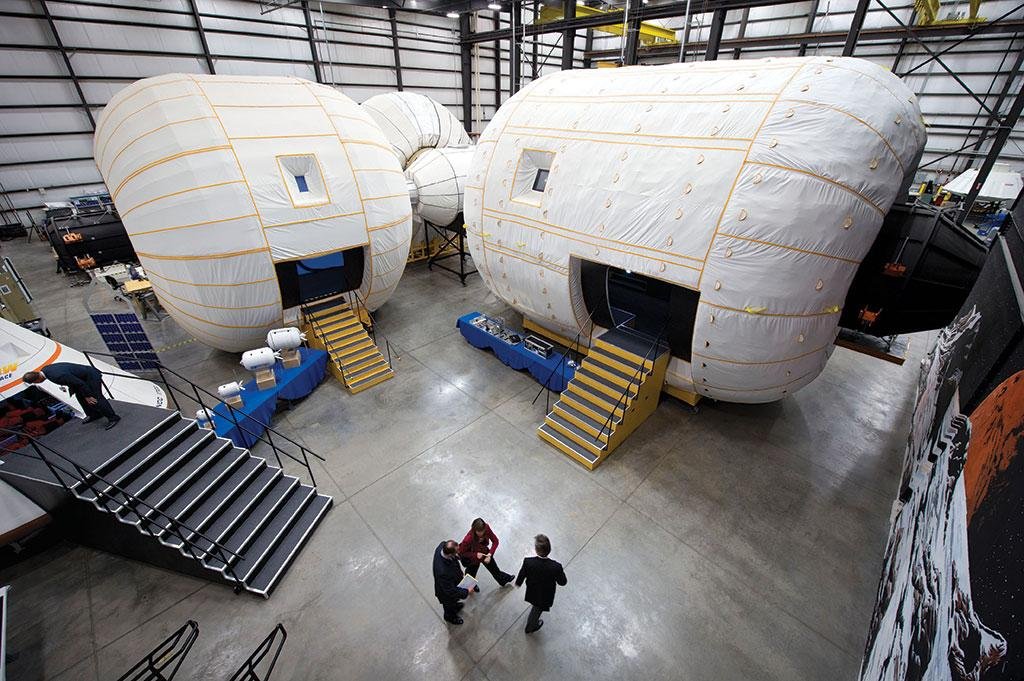The New Space Economy
The 21st century has witnessed a resurgence of interest in space exploration and the emergence of a new space race economy. With advancements in technology and a growing number of private space companies, the space industry is experiencing a renaissance. California, with its rich history in aerospace and proximity to Silicon Valley, is at the forefront of this new era.
California’s Aerospace Legacy
California has a long and storied history in the aerospace industry. From the early days of NASA’s Jet Propulsion Laboratory (JPL) in Pasadena to the iconic Space Shuttle program at Edwards Air Force Base, the state has been a hub for innovation and exploration. This legacy has laid the foundation for California’s pioneering role in the new space economy.
Private Space Companies in California
California is home to some of the most prominent private space companies in the world. SpaceX, founded by Elon Musk, has revolutionized the industry with its reusable rocket technology and ambitious plans for Mars colonization. Blue Origin, led by Amazon founder Jeff Bezos, is another major player in the space race, focusing on developing reusable rockets and lunar landers.
Other notable companies include Virgin Galactic, which aims to make space tourism a reality, and Rocket Lab, known for its small satellite launch capabilities. These companies, along with numerous startups and research institutions, have turned California into a hotbed of innovation and entrepreneurship in the space sector.
California’s Unique Advantages
California’s pioneering role in the new space economy can be attributed to several unique advantages. Firstly, the state’s proximity to Silicon Valley provides access to a wealth of technological expertise and venture capital. This has allowed space companies to attract top talent and secure funding for their ambitious projects.
Secondly, California’s diverse geography offers a range of launch sites and testing facilities. From Vandenberg Air Force Base on the central coast to Mojave Air and Space Port in the Mojave Desert, the state provides ample opportunities for companies to conduct research, development, and launch operations.
Collaboration and Partnerships
Another key factor in California’s pioneering role in the new space economy is the spirit of collaboration and partnerships. The state has fostered a culture of cooperation between government agencies, private companies, and academic institutions. This collaborative approach has led to breakthroughs in technology, regulatory frameworks, and space policy.
For example, NASA’s Ames Research Center in Silicon Valley has partnered with private companies to develop innovative technologies for space exploration. The center’s expertise in artificial intelligence and robotics has been instrumental in advancing autonomous systems for space missions.
In conclusion, California’s pioneering role in the new space economy is a testament to its aerospace legacy, unique advantages, and collaborative spirit. As the space race 2.0 unfolds, the state will continue to play a pivotal role in shaping the future of space exploration and the space industry as a whole.
































